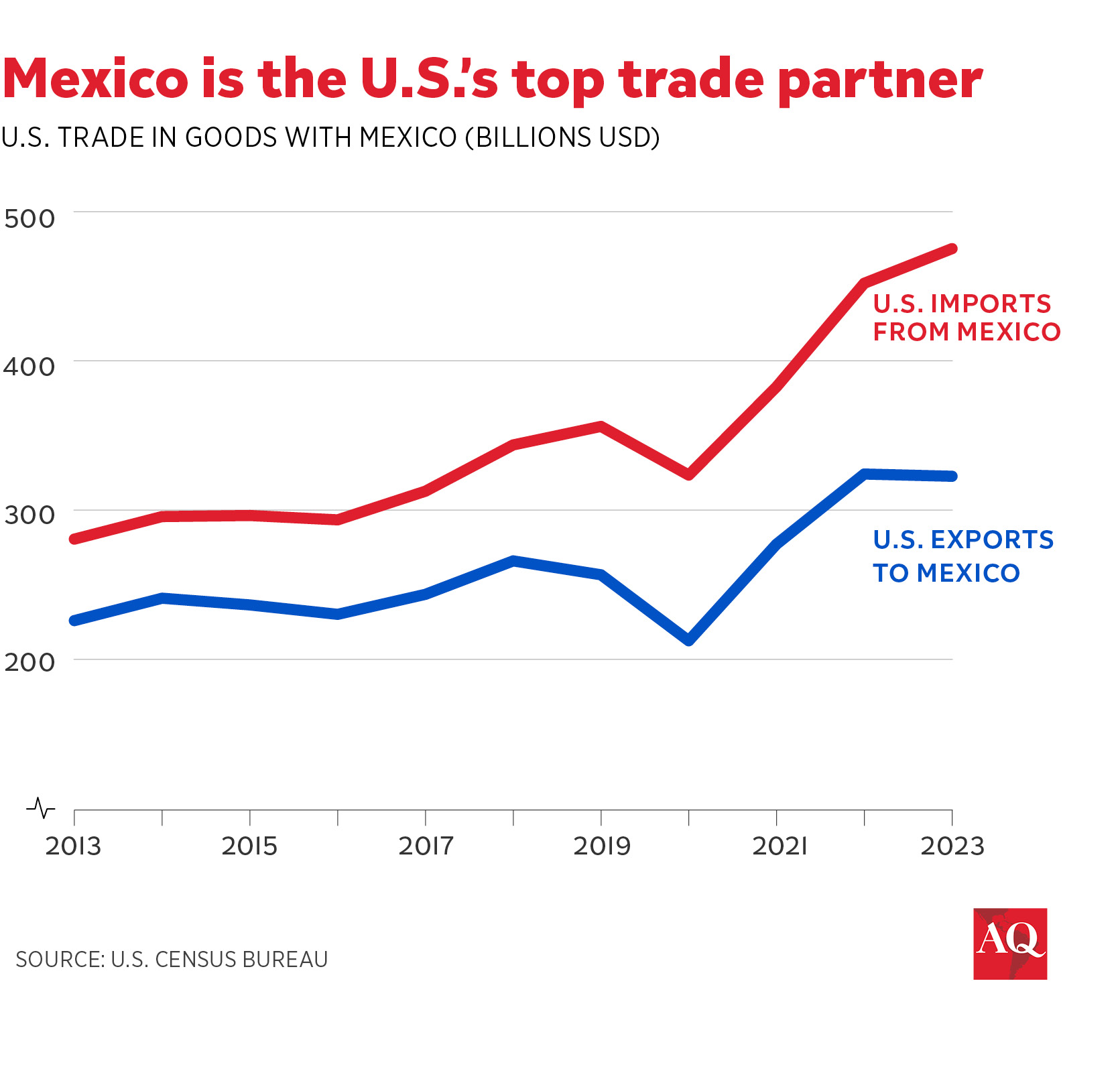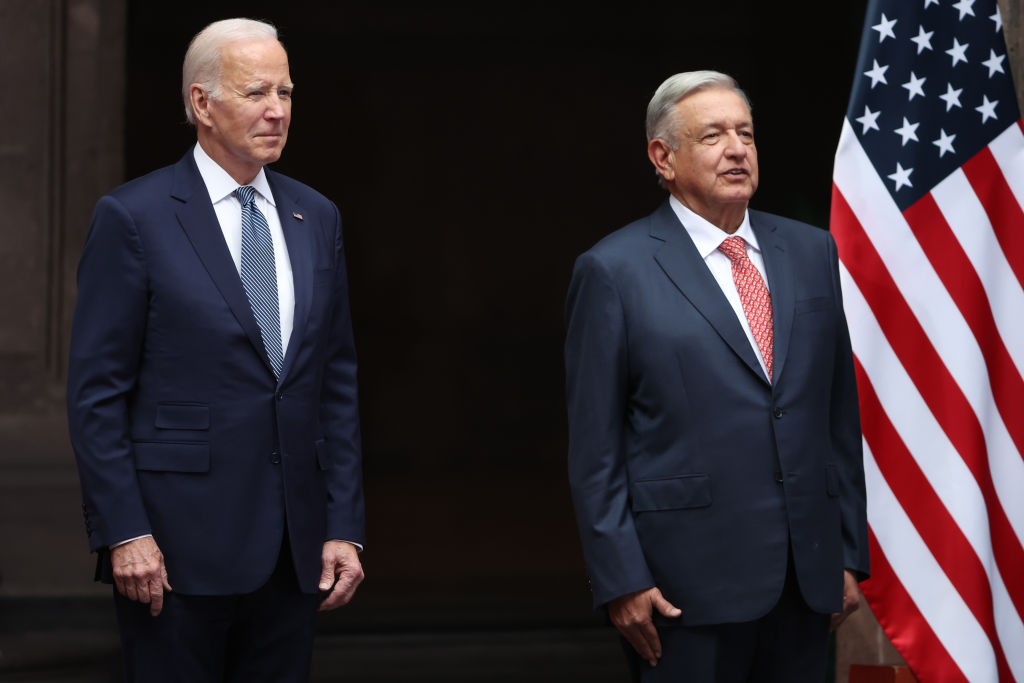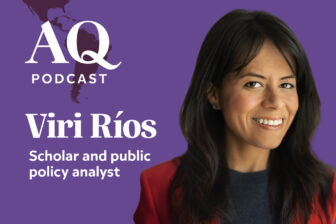The sweeping victory of Claudia Sheinbaum and the political coalition of her mentor, Mexican President Andrés Manuel López Obrador (AMLO), on June 2 leaves Mexico’s opposition in shambles. Sheinbaum’s political opponents will control less than a third of the nation’s Chamber of Deputies and are only a few defections away from the same fate in the Senate. Mexico would become the fifth Latin American country with a legislative supermajority, but it’s a grouping that does not augur well for Mexican democracy—Cuba, El Salvador, Nicaragua and Venezuela.
Facing this qualified majority, the opposition would likely be powerless to stop a suite of 18 constitutional changes introduced in February, including proposals to target the Supreme Court and National Electoral Institute (INE), two of the country’s strongest independent institutions. If, as expected, AMLO pushes to get those reforms approved before transferring power to Sheinbaum in October, or if the now President-elect decides to carry those changes forward, domestic checks on power will likely evaporate. This would likely leave Washington as the main counterweight capable of protecting Mexico’s democratic institutions, the rule of law, and liberalized economy.
As Mexico’s largest trading partner, Mexico’s biggest investor, and the external actor most invested in stemming the country’s dual security and migration crisis, the U.S. must take this role seriously and have a credible Mexico policy that preserves its interests and seeks cooperation, where possible, with Sheinbaum.
Since the signing of the North American Free Trade Agreement in 1992, U.S. administrations across both parties have been deeply invested in the liberalization of Mexico’s economy and supporting the democratic aspirations of the Mexican people. Mexico made implicit commitments under NAFTA and its successor, the U.S.-Mexico-Canada Agreement (USMCA), to build an open economy, democratic institutions, and an independent judiciary. Mexico’s progress on these commitments has benefited both nations—tens of millions of Mexicans lifted into the middle class, five free and fair presidential elections since 2000, while trade now supports more than five million American jobs and more than $200 billion in U.S. investment.

With Washington now facing the strategic challenge of a revisionist China, the importance of a prosperous, solidly democratic Mexico is significant. A Mexico with weaker institutions, less invested in the North American project, and swinging toward non-alignment would be a considerable boon to America’s most formidable strategic rival. Additionally, Beijing benefits from continued insecurity driven by criminal groups and drug trafficking because the threat this poses to U.S. homeland security distracts Washington from efforts to win the geopolitical competition and weakens it from within.
A failed policy
Unfortunately, the approach taken by the administration of President Joe Biden towards Mexico has failed to defend long-standing U.S. priorities effectively. Over the past three years, his government condoned AMLO’s repeated attacks on Mexico’s judicial and electoral systems, investigative journalism, and even on American companies. Emblematic of this approach is the administration’s decision late last year to remove the mention of “democratic decline” as a root cause of migration from a joint statement between the two countries after objections from Mexico City.
And when AMLO and his allies passed electoral legislation that would have cut the INE’s budget and enforcement powers and undermined its independence a year before the presidential election, the State Department did not even condemn the plan, offering only that Washington was observing as Mexico had “a great debate.” At the same time, the migration crisis at the U.S.-Mexico border, the fentanyl epidemic, and Mexico’s security situation have all worsened amid a constant stream of high-level meetings between the two governments.
Critical U.S. national security and economic interests are at stake should checks on executive power break down in Mexico. Investors, already skittish about the so-called Plan C suite of constitutional reforms, see newfangled risk with the scope of Morena’s victory. Capital values basic checks and balances and predictability, and without any adequate checks on Morena’s power, Mexico may fail to attract the FDI needed to leverage its nearshoring advantage. While the Mexican government has touted FDI reaching a historic high in Q1 2024, last year only 13% of FDI represented greenfield flows, or new investment. In other words, most FDI was made by companies already invested in the Mexican market, not those considering it as a new option. If Mexico cannot attract more investment from new firms, then nearshoring will not live up to its promise.
Any turn away from Mexico by American and Western investors would create even more openings for Chinese investment, which has happened elsewhere in Latin America in places like Honduras and El Salvador. This would hurt both Mexican workers and stymie the firmly bipartisan goal of achieving American economic security.
The Mexican people gave Sheinbaum a clear mandate, and the priorities she and her allies pursue will be sovereign decisions by Mexico’s elected leaders. But decisions also have context and consequences. If Mexico wants to be a strategic partner of the U.S. with privileged access to our economy and access to major economic incentives, as opposed to a large trade partner like any other, its government must uphold its commitments under USMCA and refrain from pursuing major institutional changes that affect what North American investors have come to expect—relatively stable political and legal institutions with checks on power.
This is not the U.S. imposing its will on Mexico, but a realistic statement of the political commitments required for one of the world’s most integrated free trade areas to succeed and endure. The USMCA is a resilient economic agreement that has catapulted North America to become one of the world’s most dynamic regions, but taking this dynamism to the next level also requires a basic level of geopolitical alignment among neighbors.
In the near term, President Biden and his team should make up lost ground and send a clear signal that pushing through Plan C in the final month of AMLO’s mandate would cross a clear redline and be detrimental to Mexico’s economic future ahead of the 2026 joint review of USMCA. The Biden approach to date, however, does not suggest they will take this step.
Greater strategic partnership
Looking ahead to 2025, the next U.S. administration should re-establish redlines clearly without making them seem like impositions on Mexican sovereignty. To make the message stick, the next administration should communicate the extensive benefits of such strategic alignment to Sheinbaum’s government, with consequences for waywardness signaled effectively. At the same time, there needs to be stronger U.S.-Mexico cooperation on security and investment, which could include restoring stronger U.S. training and assistance for Mexico’s military and police to fight the cartels and helping Mexico establish a national security screening regime for inbound foreign investment. This will go a long way towards improving the relationship and benefit Mexico significantly.
Sheinbaum should be encouraged to follow through on her pre- and post-election promises to maintain Mexico’s commitment to North America. But in the face of Plan C and a badly beaten opposition, Washington needs a viable Mexico policy that balances a stricter line to protect critical U.S. interests at a vulnerable moment and catalyzes greater cooperation with Sheinbaum to make real progress on the border and fentanyl, security, trade, and other challenges. The alternative, a less cooperative, less democratic Mexico open to stronger ties with China in highly strategic sectors, is a nightmare scenario for the U.S. position in strategic competition.
Subscribe to the Americas Quarterly Podcast on Apple, Spotify and other platforms
_
Berg is director of the Americas Program and head of the Future of Venezuela Initiative at the Center for Strategic and International Studies
Pfeiffer is director of congressional relations at FDD Action






